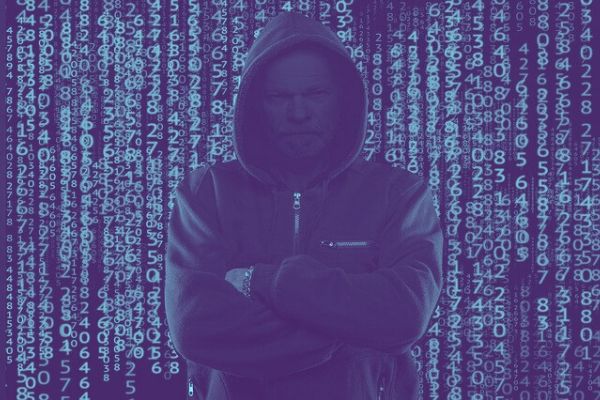The police in the Netherlands are on the hunt for a Bitcoin extortionist behind a series of letter bombs in the nation. On February 13, a letter bomb went off at the ING Bank offices in Amsterdam as reported by Reuters. A few hours earlier, the police managed to disarm another letter bomb that was sent to the offices of Unisys, a US-based tech company. The company is based in Utrecht.
Recent Bomb Explosion
Earlier, two letter bombs had exploded. One of the bombs exploded at Ricoh, near the German border in the mailroom of Kerkide, an electronics firm based in Japan. The other bomb exploded at the mail-sorting room of ABN Amro bank at their Amsterdam offices. Thus far, the explosions have injured nobody.
Part of a Bitcoin Extortion Plot
The letter bombs have been tied to an extortion ring that demands Bitcoin. The police have urged the public to be cautious when they open thick envelopes sent with two stamps and containing a printed piece of paper when delivered. Additionally, the return address is attached in plastic.
The current theory is that these bombings are related to a Bitcoin extortion plot that took place in January. At the time, the bomber sent threats to train stations demanding that they pay him in Bitcoin or have the stations bombed.
However, it is not known how much Bitcoin the bomber wants. The police have kept those details secret. It would appear they intend to keep bombing offices until they are paid in Bitcoin. It is also not known if they are a group of people or it is just a single person.
It does not appear that they have a clear target. For instance, while banks were hit in the recent letter bombs, the January incident involved letter bombs sent to a gas station, car dealership, two hotels, and a real estate agent. The person or people appear to be picking the addresses randomly off the phone book and mailing out the letter bombs.
In the past, the letter bombs appeared to be inert. The latest incident is the first time that the bombs have gone off. However, the police managed to intercept the other packages before they went off. The police also revealed that the recent explosion had the energy of a small firework. As a result, even if someone had been holding it, he or she would not have suffered any fatal injuries.
There was another scare recently, as was reported by The New York Times. A worker at the ABN Amro branch in Maastricht recently called the police after they saw a suspicious package. However, when the police checked the package, they found that it contained a computer mouse.
Bitcoin Has Some Flaws
It’s important to note that despite Bitcoins valued infrastructure and high growth capabilities, it’s also being used by criminals. Criminals easily demand Bitcoin because there’s simply no intermediary. If you scam somebody, that person will have nobody to refund them. If this were to happen in the traditional system, chances are a bank for example would take proper steps to ensure a refund is implemented.
Bitcoin Crime Cases
During November of last year, the Federal Trade Commission mentioned that Bitcoin scams were on the rise. According to their release, some of the areas scammers were hitting were:
- Blackmail Scam: scammers send mail proposing that they know something humiliating about you, such as an affair. They demand to keep quiet if you send them Bitcoin
- Online Chain Referral Scam: very similar to a pyramid scheme like structure that we have seen in the traditional word. “Pay us cryptocurrency upfront… when you recruit another individual you get your principal + more cryptocurrency back.”
- Bogus Investment & Business Opportunities: People on the internet love to “guarantee a return” and promise to equip you with financial freedom.
Bitcoin Regulation Long Term
The association of Bitcoin and crime places the crypto world in a bad light. However, it is unlikely that the criminal will manage to escape with any Bitcoin. Various tools have been developed in the recent past that make it easy to track down Bitcoin transactions. Instances like this will make Bitcoin stronger in the long term as regulators get a grasp on proper protocol during extreme measures.
Image Source: Pixabay
Notice: Information contained herein is not and should not be construed as an offer, solicitation, or recommendation to buy or sell securities. The information has been obtained from sources we believe to be reliable; however no guarantee is made or implied with respect to its accuracy, timeliness, or completeness. Authors may own the crypto currency they discuss. The information and content are subject to change without notice. Visionary Financial and its affiliates do not provide investment, tax, legal or accounting advice. This material has been prepared for informational purposes only and is the opinion of the author, and is not intended to provide, and should not be relied on for, investment, tax, legal, accounting advice. You should consult your own investment, tax, legal and accounting advisors before engaging in any transaction. All content published by Visionary Financial is not an endorsement whatsoever. Visionary Financial was not compensated to submit this article Please also visit our Privacy policy; disclaimer; and terms and conditions page for further information.

